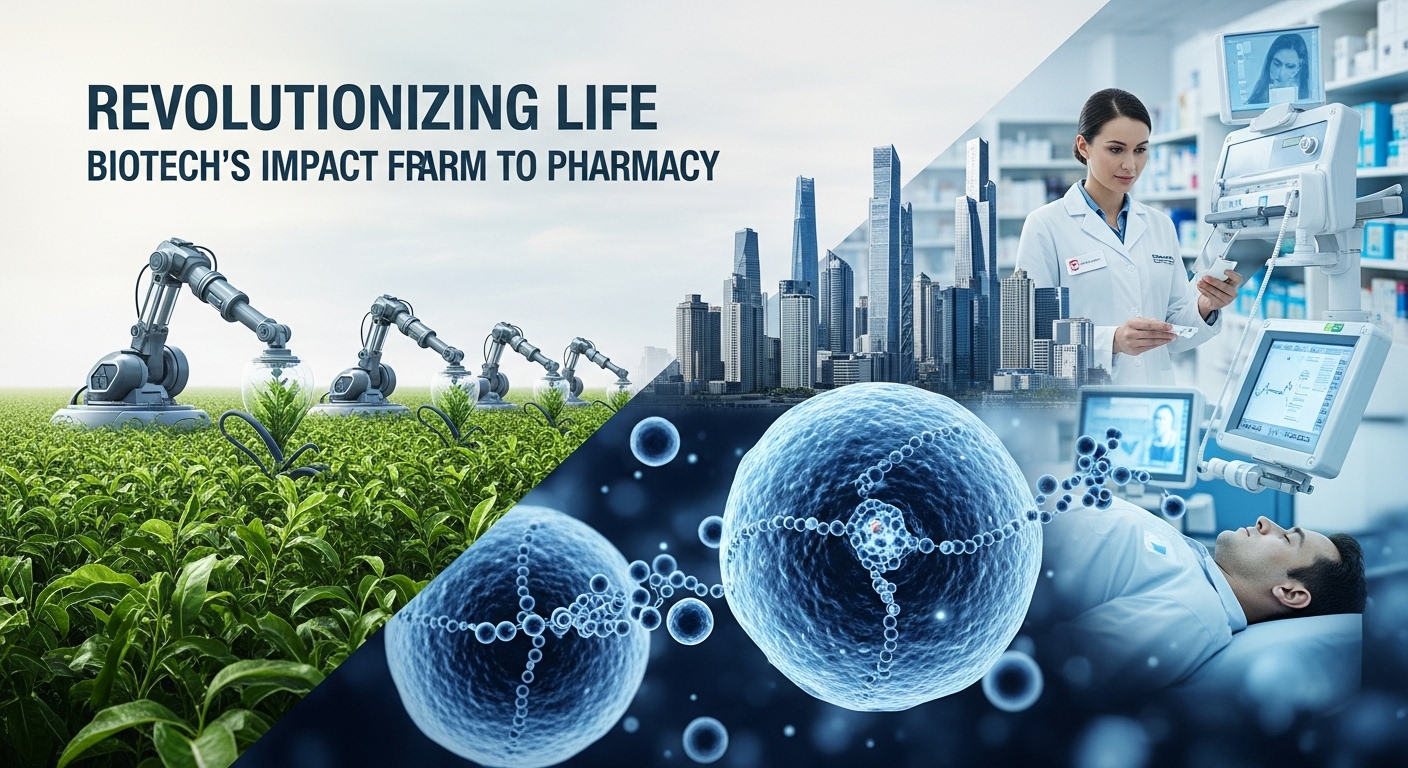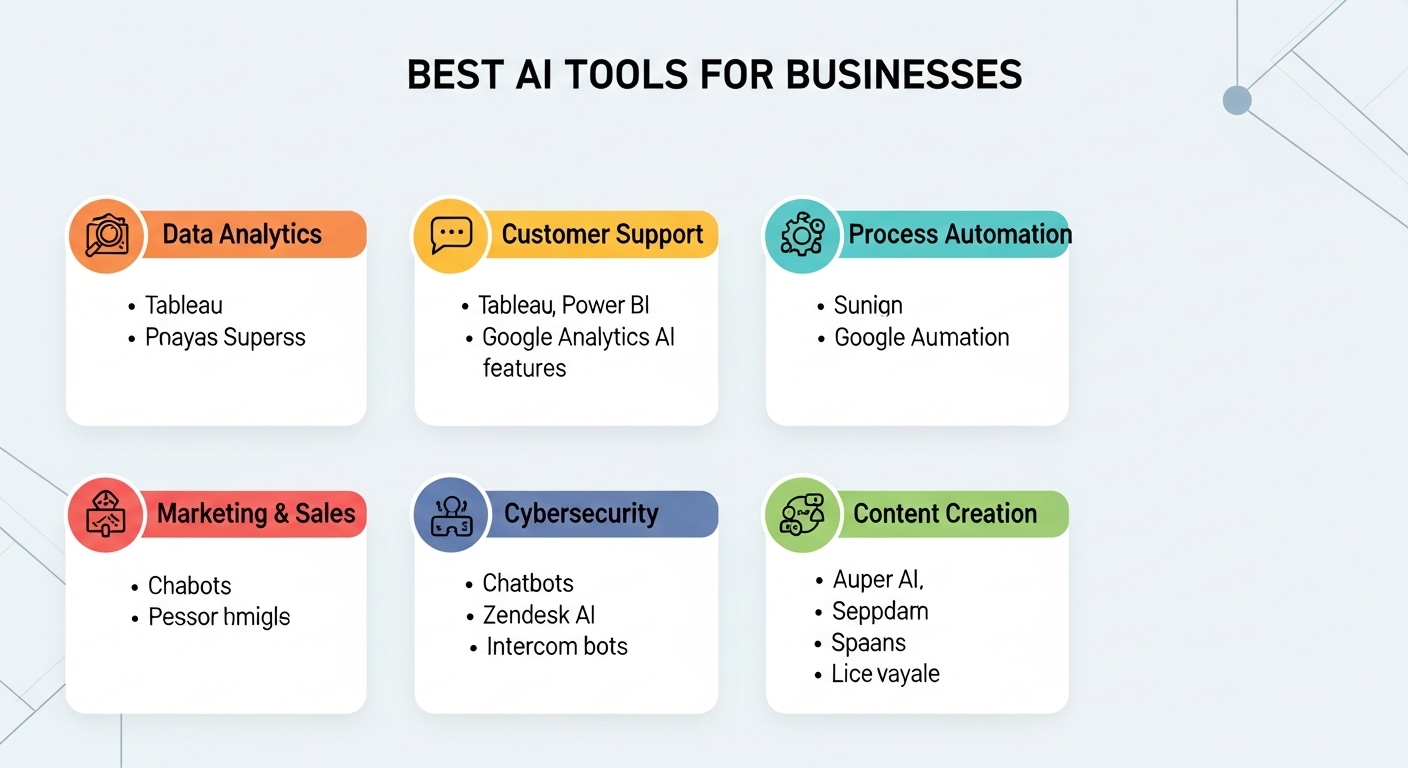Biotech. It’s a field that’s been buzzing around my conversations lately, partly because of all the breakthroughs and partly due to the ethical debates that never seem to leave the room. When I delve into biotechnology, I find myself in a maze of DNA strands, pipettes, and lab coats, but it’s not just mad scientists tinkering in labs. It’s a lot more everyday than you’d think. From the food on your plate to the medicine in your cabinet, biotech is everywhere, weaving its magic—or science, more aptly—into our lives.
Understanding the Basics
Okay, so let’s break it down. Biotech, short for biotechnology, involves using living organisms or their systems to develop products and technologies that help improve our lives and the health of our planet. It sounds straightforward, right? But the applications are as diverse as they are groundbreaking. You might bump into terms like genetic engineering, bioinformatics, and synthetic biology. Each of these, in its own way, is trying to push the envelope of what’s possible.
The Breadth of Biotech Applications
From agriculture to healthcare to environmental cleanup, biotechnology isn’t just a single track but a web of interrelated fields. Let’s look at the variety:
- Agricultural Biotechnology: The stuff that helps us grow more food with fewer resources. Think genetically modified crops that resist pests or tolerate harsh climates. Somehow, it feels like farmers are now scientists in their own right.
- Medical Biotechnology: This is a big one. From designing drugs tailored to individual genetic profiles to developing new vaccines, this branch is tackling some of the world’s most pressing health challenges. You might’ve heard about CRISPR—this gene-editing tool that’s making waves here.
- Environmental Biotechnology: Biotech isn’t just about health or food. It’s also about cleaning up the messes we’ve made. Microbes that eat oil spills or processes that turn waste into energy? That’s biotech coming to the rescue.
Biotech in Healthcare: A Deeper Dive
Let’s pause on healthcare for a moment because, honestly, it’s where biotech seems to stretch its wings the farthest. The race to innovate in disease treatment and prevention is driving a lot of the sector’s growth. The focus is sharp on cancer and rare diseases right now. You can read more about this shifting focus in the biotech sector here.
Personalized medicine is more than just a buzzword. With our growing understanding of genetics, treatments that are custom-designed for your DNA are becoming a reality. Imagine drugs that have been tailored to work with your genetic makeup, reducing side effects and boosting efficacy.
Breaking Down Personalized Medicine
Here’s the deal: traditional medicine is largely a one-size-fits-all affair. But personalized medicine? It’s like getting a suit custom-fitted. It’s all about matching the right drug to the right patient at the right time. This precision approach is made possible by advancements in genetic sequencing and bioinformatics. For a deep dive into the future of biotech and its innovations, Forbes offers some fascinating insights here.
It’s not just about new drugs, though. Biotech is transforming diagnostics too. Early detection of diseases through genetic tests is already here, and it’s saving lives by catching conditions before they become life-threatening.
Biotech and Ethics: Walking a Tightrope
Ah, the ethical debates. No conversation about biotech is complete without diving into the moral quandaries. Genetic modification, especially in humans, stirs up all kinds of questions. Are we playing God? What about accessibility? It’s one thing to have these technologies, but another to ensure they’re available to everyone who needs them. The divide between those who can afford cutting-edge treatments and those who can’t is something that needs addressing.
| Biotech Application | Promise | Ethical Concern |
|---|---|---|
| Genetic Modification | Increased crop yields, disease resistance | Potential ecological impact, food safety concerns |
| Personalized Medicine | Targeted therapies, fewer side effects | Privacy of genetic data, unequal access |
| Environmental Biotech | Pollution cleanup, resource conservation | Alteration of natural ecosystems |
Investing in Biotech: The Business Angle
You’ve got the science sorted in your head; now let’s talk dollars. Biotech is hot in the investment world. With startups popping up like daisies, it’s no surprise investors are paying attention. But it’s risky too. The research and development process can take years, and not every project results in a marketable product. If you want to explore hardware aspects related to biotech, here’s an interesting category you might find useful: hardware solutions for biotech.
So, what makes an attractive investment in biotech? Often, it’s about potential impact and scalability. Investors look at the problem-solving capability of the product, the team behind it, and the market need. After all, it’s not just about having a great idea, but also executing it well. Plus, regulatory approvals can be a long, winding road.
The Road Ahead
Biotechnology is like that really promising new book you picked up. You’ve read a few chapters, love the plot, but you know there’s so much more ahead. The future is likely to bring even more incredible advancements, as we continue to unravel the complexities of life at the molecular level.
With the rapid pace of innovation, there’s a sense of optimism, but also caution. As we push boundaries, the conversation around ethics, regulation, and accessibility must keep up. It’s a balancing act, but one that could shape the future of humanity.
So what do you think? Has biotech caught your curiosity too? Whether you’re a casual observer or deeply involved, one thing’s for sure—biotech will continue to be a key player in our journey through this century. And who knows? Maybe the next big breakthrough is just around the corner.
FAQs
- What’s the most exciting development in biotech right now?
Everyone’s talking about CRISPR and gene editing. It’s exciting because it opens doors to treating genetic disorders like never before. The implications are massive. - How is biotech affecting agriculture?
Genetically modified crops are a big deal. They’re resistant to pests and diseases, which means higher yields and less reliance on chemical pesticides. - Is personalized medicine really happening?
Yes, it’s not science fiction anymore. With advances in genetic profiling, doctors can tailor treatments to individual patients with greater precision. - What are the risks of investing in biotech?
The usual suspects—long R&D cycles, regulatory hurdles, and the chance that a project might not pan out. It’s a high-risk, high-reward game. - Are there ethical concerns with biotech?
Definitely. From genetic modification to data privacy in personalized medicine, there are numerous ethical issues that need careful consideration.
And that’s it from my side for now. Biotech—it’s a fascinating world, isn’t it?


